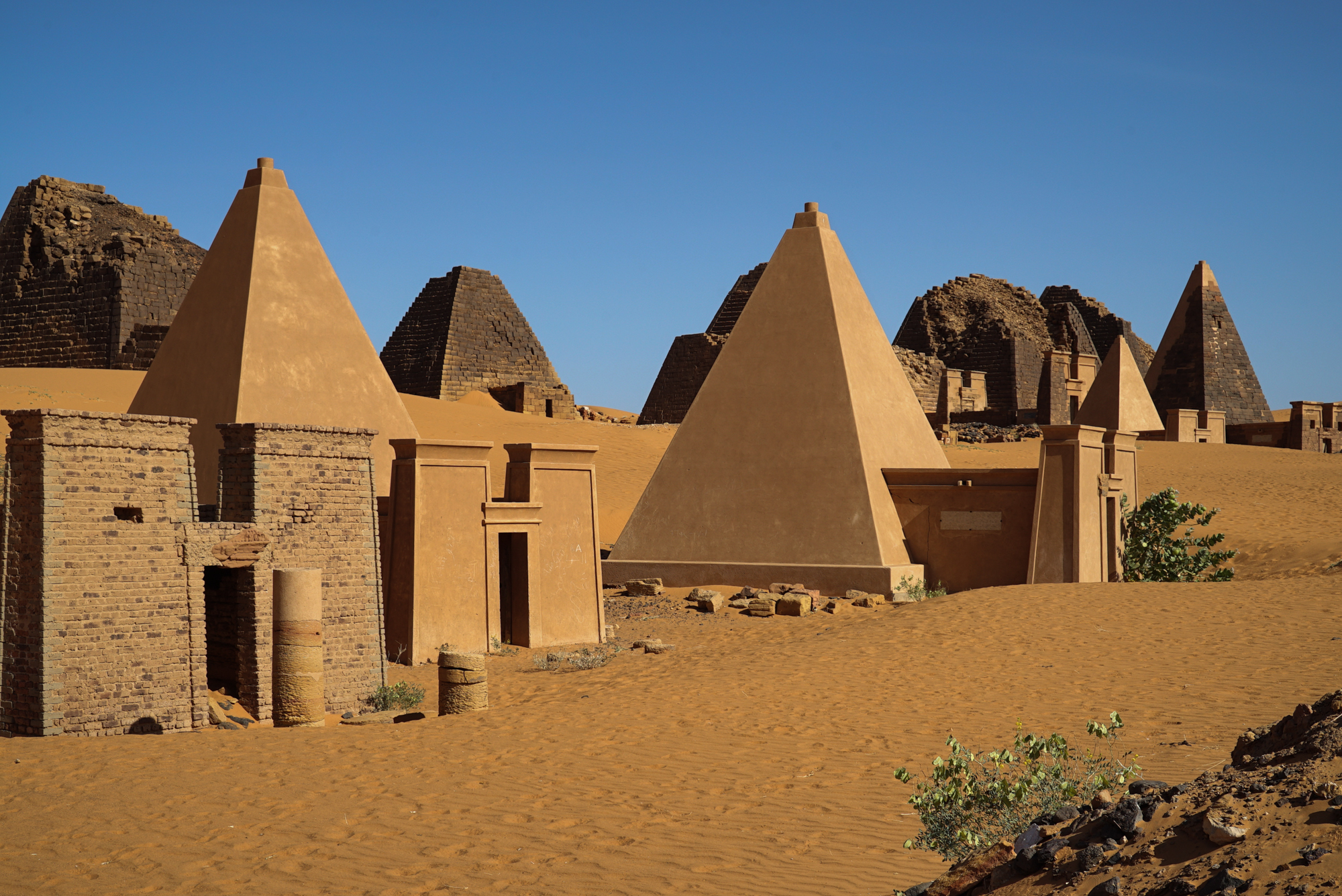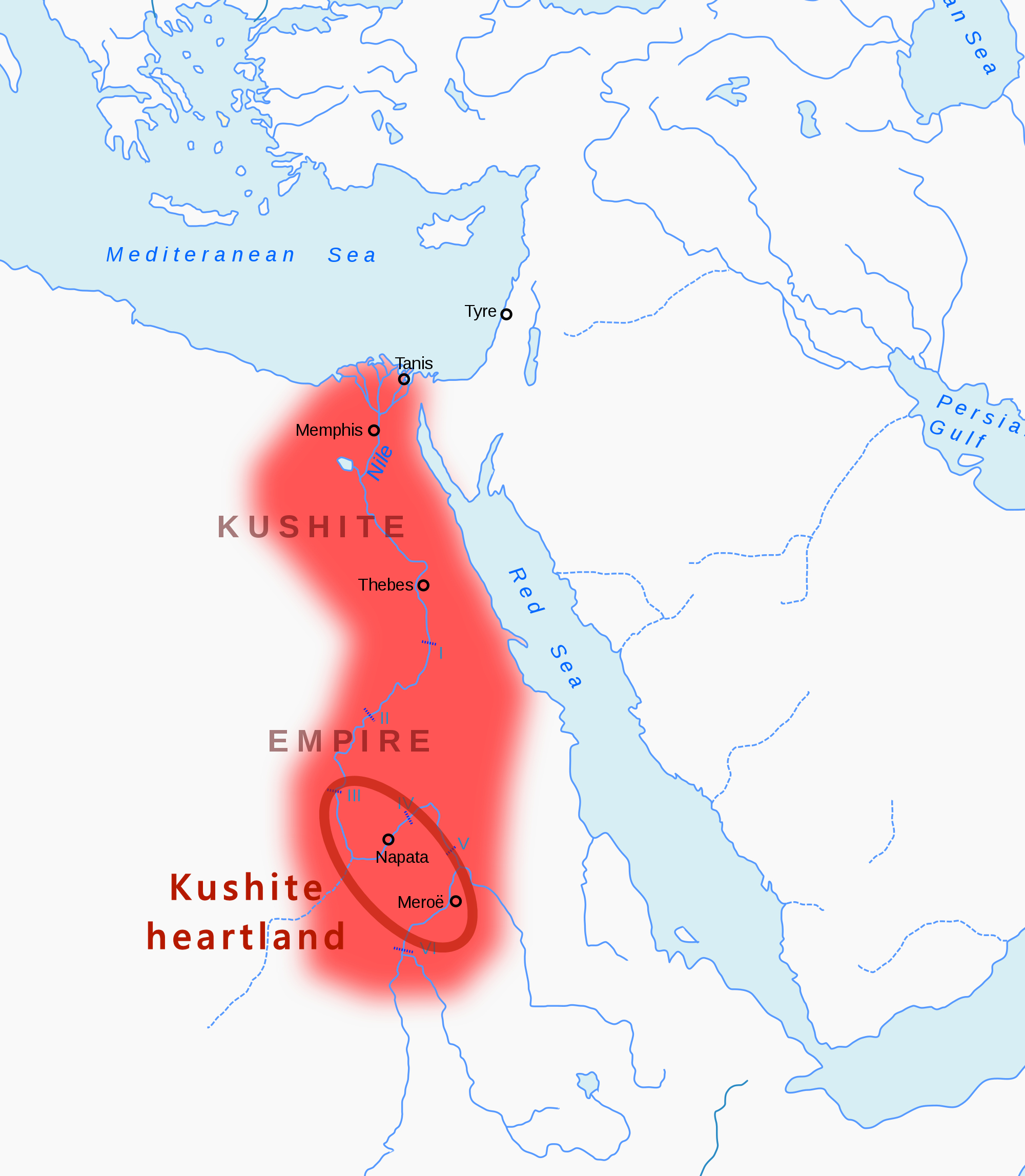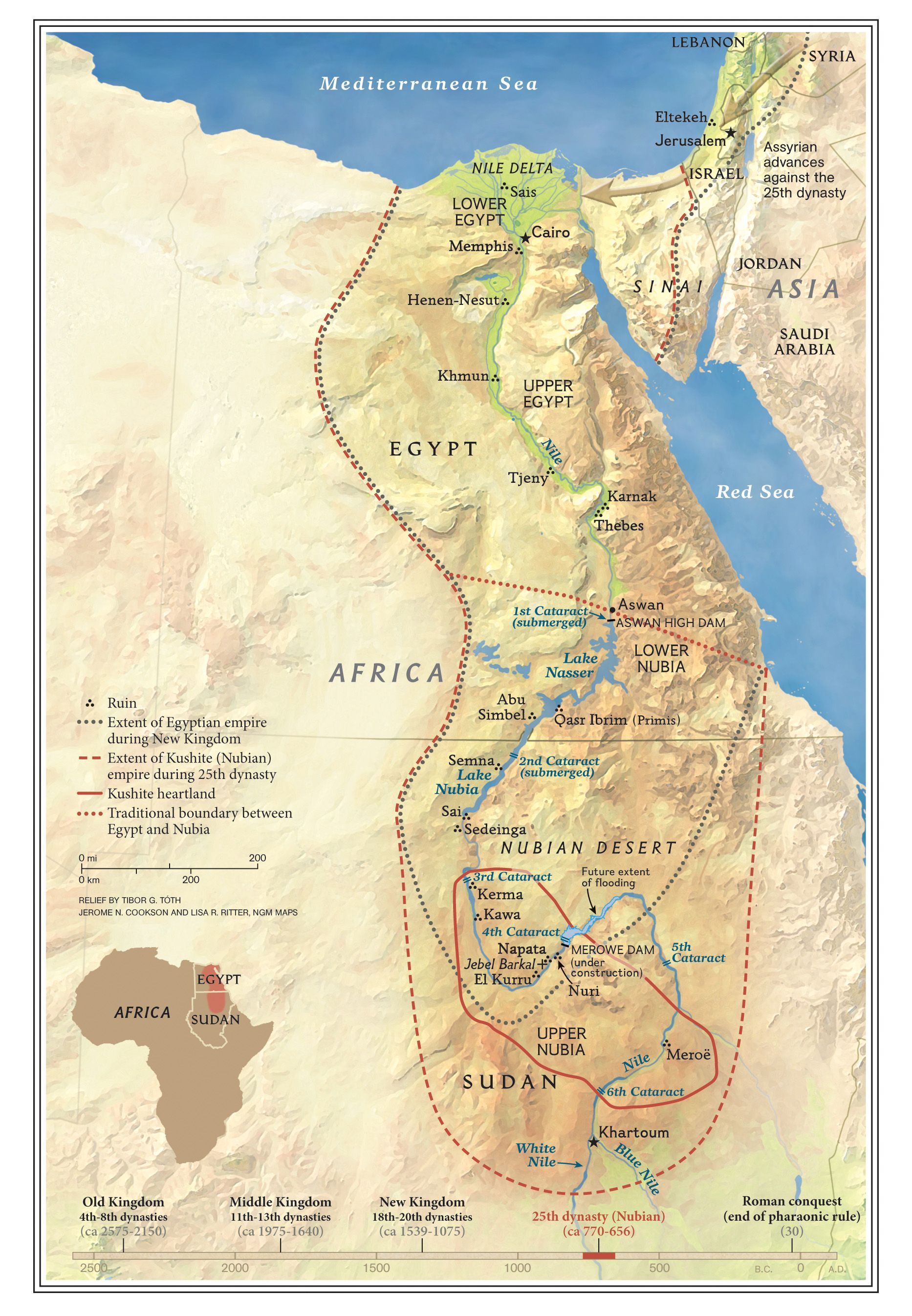Nestled along the fertile banks of the Nile River, ancient Nubia flourished as a vibrant and influential civilization in northeastern Africa. This enigmatic land, known for its rich history, architectural marvels, and enigmatic culture, left an enduring legacy that continues to captivate scholars and historians today.

Ancient Nubia: A Captivating Guide to One of the Earliest Civilizations - Source www.goodreads.com
Editor's Note: Nubia: Ancient African Civilization On The Banks Of The Nile have published today date. Given its historical and cultural significance, we delved into the annals of time to unravel the fascinating tapestry of this ancient civilization, uncovering its origins, contributions, and enduring impact on the African continent and beyond.
Through meticulous analysis and comprehensive research, we have distilled our findings into this comprehensive guide to Nubia: Ancient African Civilization On The Banks Of The Nile, providing a roadmap for curious minds seeking to explore the depths of this extraordinary civilization.
Key Differences
| Criteria | Ancient Egypt | Ancient Nubia |
|---|---|---|
| Geographic Location | Lower Nile Valley | Upper Nile Valley |
| Timeline | c. 3100 - 30 BCE | c. 3500 BCE - 656 CE |
| Government | Centralized monarchy | Decentralized, often ruled by multiple kingdoms |
| Religion | Polytheistic, centered on Ra, Osiris, and Isis | Polytheistic, with Amun and Isis as prominent deities |
| Architecture | Monumental pyramids, temples, and tombs | Pyramids, temples, and distinctive rock-cut tombs |
Transition to Main Article Topics
- Origins and Development of Nubia
- Major Kingdoms and Dynasties
- Society, Culture, and Technology
- Relations with Egypt and Other Civilizations
- Decline and Legacy of Nubia
FAQ
Delve into the depths of Nubia's captivating history and culture through these frequently asked questions. Discover the secrets of this ancient African civilization that flourished on the banks of the Nile, leaving an indelible mark on the world. Nubia: Ancient African Civilization On The Banks Of The Nile

9 Priceless Secrets Discovered About the Brilliant World of Ancient Nubia - Source atlantablackstar.com
Question 1: What is the significance of Nubia's geographical location?
Nubia, situated in the southern Nile Valley, served as a pivotal crossroads for trade and cultural exchange between Egypt and sub-Saharan Africa. Its strategic position enabled the Nubians to become intermediaries, facilitating the movement of goods and ideas across vast distances.
Question 2: How advanced was Nubian society?
Contrary to perceptions of Nubia as a secluded society, it was in fact a highly developed civilization. Nubians possessed advanced knowledge in astronomy, mathematics, and engineering. Their architectural feats, including majestic pyramids and temples, showcased their architectural prowess and engineering acumen.
Question 3: What was the relationship between Nubia and Egypt?
Nubia and Egypt shared a complex and evolving relationship that spanned centuries. Periods of alliance and conflict marked their interaction, with Nubia asserting its independence at times and serving as a vassal state of Egypt at others. Despite their differences, cultural influences flowed between the two civilizations, enriching both societies.
Question 4: What contributions did Nubian culture make to the world?
Nubia's cultural legacy continues to captivate and inspire. Their unique artistic traditions, including pottery, jewelry, and wall paintings, showcased their creativity and artistry. Nubian advancements in metallurgy and ironworking played a vital role in the development of technology in the region.
Question 5: What factors contributed to the decline of Nubia?
A combination of factors led to the eventual decline of Nubia. Shifts in trade routes, environmental changes, and the rise of neighboring powers all played their part. However, the Nubian civilization left an enduring legacy that continues to be studied and celebrated.
Question 6: What can we learn from the history of Nubia?
The story of Nubia provides valuable insights into the complexities of ancient African civilizations. It challenges stereotypes, highlights cultural diversity, and demonstrates the resilience and adaptability of human societies. Studying Nubia's past can help us appreciate the richness and diversity of human history.
As we continue to explore the enigmatic history of Nubia, these FAQs offer a glimpse into the fascinating world of this ancient African civilization that graced the banks of the Nile.
Tips for Exploring Nubia's Ancient Civilization
As you delve into the rich history of Nubia, consider these tips to enhance your understanding and appreciation of this ancient African civilization.
Tip 1: Review the Historical Timeline.
Study the chronological periods of Nubian history, including the Early Christian, Meroitic, Napatan, and Kushite eras. This framework will provide context for understanding the cultural and political advancements made throughout Nubia's long existence.
Tip 2: Explore Archaeological Sites.
Visit the archaeological sites of Nubia, such as the royal city of Meroë, the pyramids of Gebel Barkal, and the temple complex of Musawwarat es-Sufra. These sites offer physical evidence and remnants of Nubian culture, providing a tangible connection to the past.
Tip 3: Study the Art and Architecture.
Examine Nubian art, including sculptures, paintings, and jewelry. Analyze the distinctive characteristics, symbolism, and techniques employed by Nubian artists. Study the architectural styles of temples, palaces, and pyramids, which demonstrate the ingenuity and skill of Nubian builders.
Tip 4: Understand the Political Structure.
Delve into the organizational structure of Nubian society, including the roles of kings, queens, and other officials. Explore the principles of governance and the relationships between different kingdoms within Nubia.
Tip 5: Examine the Religious Beliefs.
Investigate the spiritual practices of the Nubians. Understand the deities they worshipped, the rituals they performed, and the significance of religious symbols in their culture. Explore the evolution of religious beliefs over time.
By following these tips, you will gain a deeper understanding and appreciation of Nubia's ancient civilization, its contributions to African history, and its enduring legacy.
To learn more, consider reading reputable books, articles, and research papers on Nubia and its history. Engage with scholars and experts in the field to further your knowledge and contribute to the ongoing study of this fascinating civilization.
Nubia: Ancient African Civilization On The Banks Of The Nile
Nubia, an ancient African civilization that thrived along the banks of the Nile River, holds a significant place in the annals of history. Its rich legacy encompasses architectural marvels, advanced knowledge systems, and a vibrant culture that left an enduring imprint on the region.
- Geographical Setting:

Pin by Angel Jefferson on knowledge | Ancient nubia, Ancient, Ancient - Source www.pinterest.comSituated in present-day Sudan and southern Egypt, Nubia occupied a strategic location on the banks of the Nile.
- Cultural Heritage:

Aksum | History, Map, Empire, & Definition | Britannica - Source www.britannica.comThe Nubians possessed a distinct culture characterized by remarkable artistic expression, including exquisite pottery, jewelry, and sculptures.
- Architectural Achievements:

The Nubian Meroe Pyramids: A Forgotten Relic? - Source atlantablackstar.comNubia is renowned for its architectural wonders, such as the royal pyramids of Meroë and the Temple of Amun at Gebel Barkal.
- Advanced Knowledge Systems:

Sudan: An Exploration of Ancient Kush | Ancient nubia, Ancient kush - Source www.pinterest.co.ukThe Nubians developed a sophisticated calendar, mastered metallurgy, and made significant contributions to mathematics and astronomy.
- Political Autonomy:

Explain the Difference Between Kush and Nubia. - AdenkruwWu - Source adenkruwwu.blogspot.comNubia maintained its political independence for centuries, withstanding the influence of neighboring powers like Egypt and Rome.
- Trade and Diplomacy:

Nubia | Land of Gold - Source 138.68.248.231Nubia engaged in extensive trade with Egypt and other civilizations, exporting gold, ivory, and slaves.
These key aspects collectively highlight the grandeur and significance of Nubia as an ancient African civilization. The Nubians' architectural feats, cultural achievements, and advanced knowledge systems attest to their ingenuity and creativity. Their political autonomy and diplomatic skills demonstrate their resilience and adaptability. Furthermore, their role in trade and exchange played a vital role in shaping the dynamics of the Nile River region.
Nubia: Ancient African Civilization On The Banks Of The Nile
The ancient African civilization of Nubia flourished along the banks of the Nile River for over three thousand years. Its people developed a rich and complex culture that was influenced by both Egypt and the rest of Africa. Nubia was a major center of trade and culture, and its rulers played a significant role in the history of the Nile Valley.

Its Nubian queen a project explore the ancient civilization of Nubia - Source www.pinterest.de
The connection between Nubia and the Nile River is essential to understanding the development of this ancient civilization. The Nile provided Nubia with a vital source of water for drinking, irrigation, and transportation. It also served as a trade route, connecting Nubia with other parts of Africa and the Mediterranean world. The Nile River was the lifeblood of Nubia, and it played a major role in shaping its history and culture.
In conclusion, the connection between Nubia and the Nile River is essential to understanding the development of this ancient African civilization. The Nile provided Nubia with a vital source of water, transportation, and trade, and it also served as a cultural and political boundary. The Nile River was the lifeblood of Nubia, and it played a major role in shaping its history and culture.
